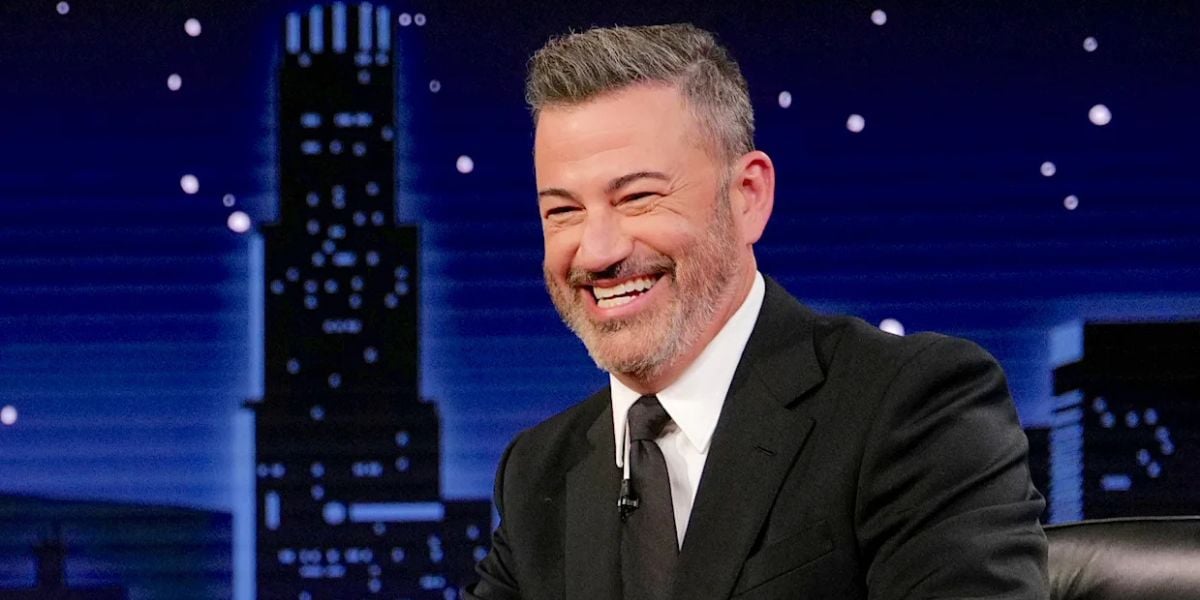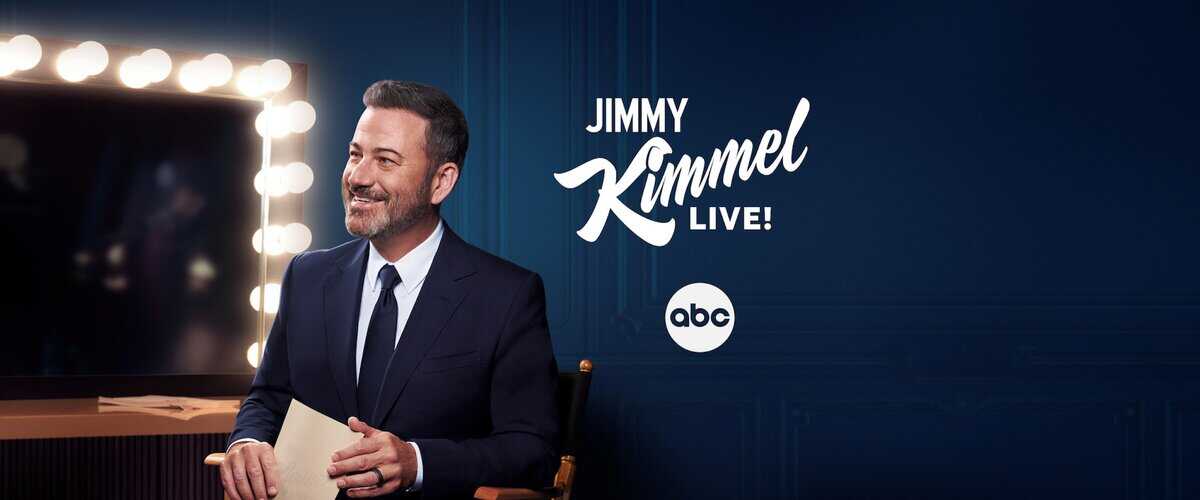Stephen Colbert Mocks Disney’s Stance on Free Speech Using “Beauty and the Beast’ Parody in Brutal Post-Kimmel Takedown
Colbert’s Response to Kimmel’s Cancellation
Late-night host Jimmy Kimmel faced an unexpected and controversial removal from the airwaves, creating a buzz throughout the entertainment industry. Kimmel’s exit came after his remarks regarding conservative figure Charlie Kirk, which sparked backlash that reportedly led Disney to take him off the air indefinitely.

A fellow late-night host, Stephen Colbert, understands the challenges of being in the spotlight, especially after facing his own experiences with cancellation. His understanding of the repercussions of free speech is personal and professional, adding a layer of urgency to his commentary on Kimmel’s situation. Colbert has publicly criticized similar attempts to silence voices in comedy, making him a fitting commentator during this unfolding drama.
The public reaction to Kimmel’s removal has been overwhelmingly negative, particularly among fans and fellow comedians. Many voiced their disapproval of Disney’s actions, pledging to boycott the entertainment giant until Kimmel was reinstated. This grassroots movement has, in part, ignited conversations about freedom of speech and the responsibility of corporations to uphold it.
Colbert’s Monologue and Parody
In a bold move, Colbert took to his late-night stage shortly after the news of Kimmel’s removal, delivering a powerful and pointed monologue aimed at Disney. He cleverly utilized a parody of Beauty and the Beast during his segment, featuring characters that humorously critiqued Disney’s decision. Lumiere, a character from the beloved Disney film, was depicted putting on a MAGA hat while instructing Disney employees to “shut their trap,” a stark jab at corporate conformity.
Colbert’s main themes revolved around freedom of speech, artistic integrity, and the consequences of corporate censorship. He disbelieved Disney’s willingness to sideline Kimmel rather than defend comedic freedom. His parody served as entertainment and a commentary on how corporations might stifle voices for financial gain.
Viewers embraced Colbert’s parody with open arms. Within 15 hours of its release on YouTube, the video amassed almost half a million views, showcasing widespread support for both Colbert and Kimmel. Audience comments reflected humor and serious concern regarding free speech in the current political climate.
Implications for Disney
Disney’s choice to suspend Kimmel has raised eyebrows regarding the company’s approach to managing its public image amid controversy. Critics argue that the entertainment giant prioritizes profits over principles, fearing backlash from conservative factions while alienating its progressive audience.
Behind the scenes, financial motivations have played a crucial role in decision-making. Substantial sums are involved in the entertainment landscape, compelling companies like Disney to tread carefully. Such calculations illustrate the complex interplay between creative expression and corporate interests, emphasizing the stakes involved in late-night television.
As news of Kimmel’s suspension continues to circulate, backlash has not only persisted but intensified. However, intensified public figures have openly criticized Disney’s actions, calling for Kimmel’s return to late-night television. This mounting pressure could significantly impact Disney’s reputation and relationship with Hollywood workers.
Future of Late-Night Television
As speculation mounts over Kimmel’s potential return to the air, industry insiders are closely monitoring the unfolding narrative. Some believe there is a chance Kimmel could come back sooner rather than later if negotiations between him and Disney successfully bridge the current divide.

Colbert’s criticism highlights broader industry concerns about comedians’ and late-night hosts’ freedoms. His remarks are likely to have lasting effects on how networks and studios evaluate their programming policies in the future, as Kimmel’s situation serves as a cautionary tale about the constraints imposed on creative expression.
The landscape of late-night television is evolving, marked by potential shifts in how comedic voices are managed. Colbert’s willingness to raise his voice in defense of a colleague signals a renewed focus on solidarity among comedians. As the discourse around free speech in entertainment continues to grow, Colbert and Kimmel remain pivotal figures at the forefront of this critical dialogue in late-night comedy circles.





